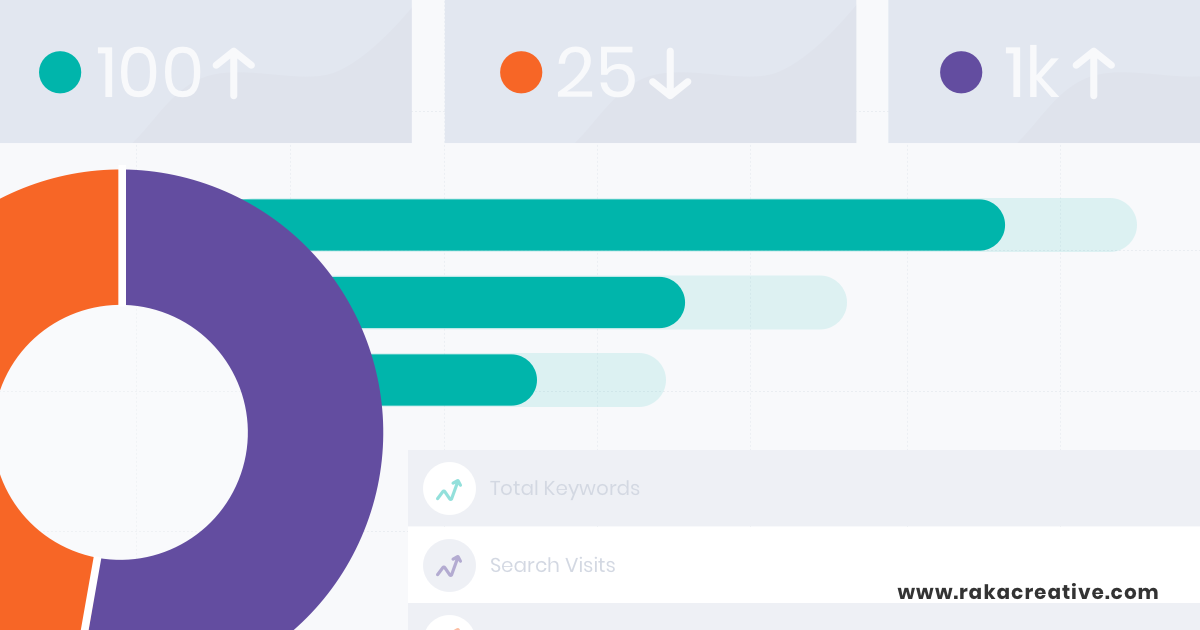If you needed a reminder that Google is a business and is not actually here to make your job easier as a marketer, here it is: Google Keyword Planner is dead, long live AdWords Keyword Planner. Yup, if you aren’t using the company’s ad service, you’re not getting to play with their keyword tools.
Keyword Planner had been one of the best ways for marketers on a budget to do keyword research. It remains an effective, useful tool, but only if you have an AdWords account that you can use to access it, and it’s no longer the only game in town.
If you don’t want to use Google, though? We’re happy to row up in a metaphorical lifeboat (or a literal one, if you work on the open ocean) and rescue you from Google’s freshly storm-tossed seas. Here are six keyword tools you can use to replace Google Keyword Planner to develop a solid SEO plan for your inbound marketing strategy.
Ubersuggest
If you’re looking for a totally free ride, you should check out Ubersuggest. It was created by marketing phenom Neil Patel, who was named one of the top 10 marketing influencers by Forbes and mentioned as a top 100 entrepreneur under the age of 30 by former President Barack Obama. He’s definitely got some marketing street cred, in other words, and so does Ubersuggest.
Patel’s website states you can use the Ubersuggest keyword tool for free “as many times you want.” Don’t mind if we do! You’ll find hundreds of suggestions for both head terms and long-tail phrases, what keywords the competition is using, and what’s trending for each keyword.
Ubersuggest is definitely a great starting place if you are new to keyword research or don’t have much of a budget to commit to a subscription plan. And who knows, maybe you’ll fall in love with it and can use the money you save for other marketing tools or an endless supply of lattes.
Keywordtool.io
Another truly free alternative to Google Keyword Planner is Keywordtool.io. It pulls search numbers and keywords from Google in several countries. It also pulls results for Bing, Yahoo!, and even YouTube. That makes it more robust than you’d expect for the price (again, the basic version is free) and does everything you needed your ex-tool at Google to do.
Of course, if you want to pay up for the privilege of exploring “hidden keywords” that Google Keyword Planner has never let you see, Keywordtool Pro is available to you ranging in price from $48-$88 per month.
SEMRush
It isn’t the cheapest option on the marketplace, but if you’re used to the bare-bones Google interface, you’re going to be overjoyed when you dive into SEMrush. The tool allows you to not only get a snapshot of how many keywords you’re ranking for and how many are driving traffic to your site but also where you rank for each one. You can exclude branded terms, export fancy reports for your team, and generally, slice the data in a lot of useful ways.
If you’re really wondering how your muffler repair service is ranking in Germany (and who isn’t?), SEMrush gives you access to databases in nearly 30 countries, too.
The primary downside is cost, which ranges from $99.95 per month for the most basic package, up to $399.95 per month for large-scale accounts. The other downside is that, like many of these keyword tools, there’s an extensive learning curve (best conquered by reading through a good guide).
Ahrefs
Another premium keyword tool, Ahrefs, gives you a seven-day trial for $7, so you’ll be able to try out the many robust services offered without a huge financial commitment. You can run backlink reports, find popular content by topic, and of course, dive deep into keywords (and get lost searching for every possible alternative for “muffler shop” in the English language).
Like SEMrush, Ahrefs is not cheap. The basic package will run you $99 a month, while the full-fledged agency version is $999 a month for five users. It’s a tremendous tool that has utility outside of keywords, but whether you use it depends on your marketing budget.
KWFinder
Mangools offers a 4-in-1 SEO tool starting at $29.90 per month (if paid annually) and goes up to $79.90 per month for their Agency package. You can jump on for free for 24 hours if you just want to take a peek, but once you commit, you not only get their keyword finder tool (KWFinder) but can also take advantage of their Search Engine Results Page (SERP) tools.
SERPChecker allows you to analyze your competitors’ strengths and weaknesses so you can explore new opportunities for your own website. SERPWatcher puts your critical rank tracking data all on one screen making analysis simple. LinkMiner is an easy-to-use backlink checker that helps you focus on backlinks that actually have value.
It’s a pretty robust tool for the price and definitely worth checking out when you’re making your final decision.
Moz
The last service on our list is a heavyweight from our friends at Moz called Keyword Explorer. It’s included in their Moz Pro Medium plan, which you can check out for free for 30 days and then you’ll be charged $143-$179 per month depending on how you choose to pay for the service. If you need a little more power then you can step up to the Large package suited for businesses and agencies that make search their business for $279-$349 per month.
Moz is one of the savviest companies in town when it comes to sussing out the value of search, so it’s a great choice when considering which keyword planning tool to invest your time and money in.
So there you have it, six alternatives to Google Keyword Planner in 2018 and beyond. If you’re looking for a way to utilize those newly discovered keywords in content planning, download our free handy-dandy template below.





